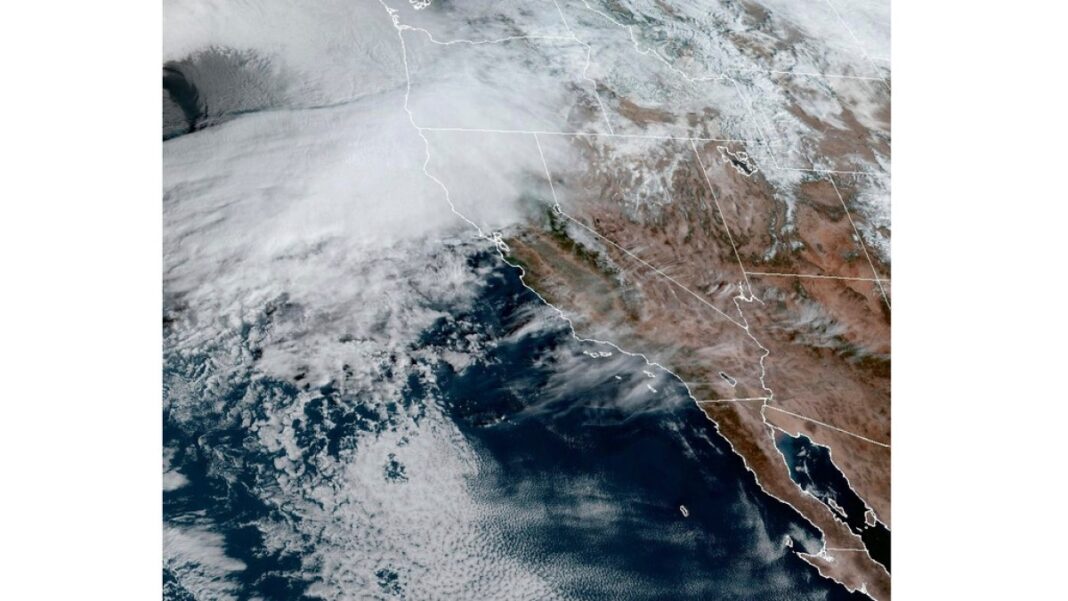Authorities warn that severe winds and heavy rains are expected across the northwestern United States through Friday.
A powerful storm known as a “bomb cyclone” has killed at least one person and knocked out power for hundreds of thousands across the West Coast of the United States.
The bomb cyclone, named for the rapid intensification of a storm over a brief period of time, brought excessive rainfall and winds of 80 kilometres per hour (50 miles per hour) on Wednesday to Oregon, Washington, and California. Heavy rain and harsh winds are expected to continue through Friday.
“Back-to-back powerful Pacific storm systems to impact the West Coast through the end of this week with heavy rain, life-threatening flooding, strong winds, and higher elevation mountain snow,” the National Weather Service (NWS) predicted in a social media post.
A woman was killed in Washington when a tree fell on an encampment of homeless people, and two people were also injured when a tree fell on their trailer. The storm has swept down trees and power lines and knocked out power for about 600,000 people, according to the website poweroutage.us.
The NWS said that excessive rainfall is expected through Friday, with blizzard conditions and heavy snow in the Cascades and Northern California. The agency said that severe rain could also lead to “life-threatening floods” in Northern California.
“The biggest surge is Thursday. We’re looking at 10-15 inches [25-38 centimetres] of rain by Friday, some places, 20 inches [50cm],” Rich Otto, a meteorologist with the NWS Weather Prediction Center, told the Reuters news agency, with the main concerns for southwest Oregon and Northern California.
Climate change driven by human activity, especially the burning of fossil fuels, has made many types of extreme weather more deadly.
A recent study published in the scientific journal Environmental Research: Climate found that climate change has increased the strength of hurricanes in the Atlantic Ocean by 29km/h (18mph) in the last six years.
“We know that the intensity of these storms is causing a lot more catastrophic damage in general,” lead study author Daniel Gifford, a climate scientist at Climate Central, which does research on global warming, told the Associated Press news agency. “Damages do scale [up] with the intensity.”
This year’s three most devastating storms — Beryl, Helene and Milton — increased by 29km/h (18 mph), 26km/h (16 mph) and 39km/h (24 mph) respectively because of climate change, the authors said.
“We had two Category 5 storms here in 2024,” Gifford said. “Our analysis shows that we would have had zero Category 5 storms without human-caused climate change.”


